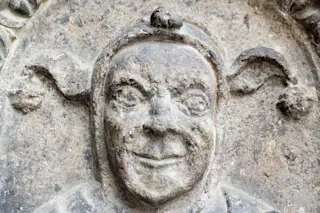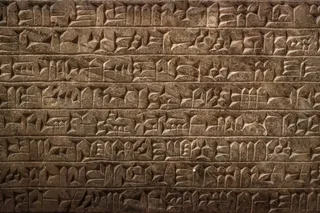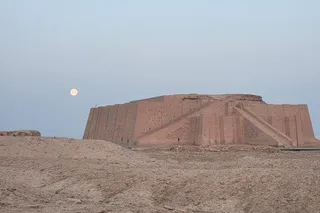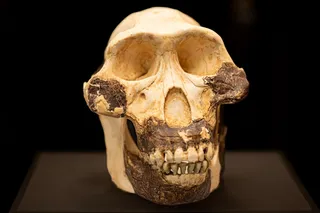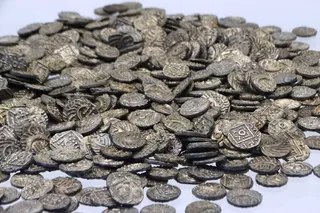Some jokes are like a fine wine and age well with time; others get rather lost in translation as the centuries pass. One joke, etched in the ancient cuneiform writing of the Sumerian people, stands as the oldest recorded bar joke and dates back roughly 4,000 years.
It reads: “A dog walks in a bar and says, ‘I cannot see a thing. I’ll open this one.” Surely, this joke was hilarious in its time, but today, this nonsensical one-liner has sparked much debate and theories about why exactly it tickled ancient peoples so.
This particular joke became an internet sensation a couple of years ago, inspiring numerous memes, gifs, and in-depth analytical commentary; what all good jokes need. But it is not the oldest known joke by any means, as researchers have uncovered numerous scrawls from the past that prove when ancient people began writing, they not only used the ...



